New Openings
How to Navigate Restaurant Real Estate and Leases
A guide through the complexity of restaurant leases for both new and existing operators.
Restaurant closures, these days, are a dime a dozen. From newer spots to longstanding establishments, it seems like no one is immune to the financial pressures that come with being a part of one of the most competitive industries in the country. Why is this happening? More often than not, the reason behind a restaurant closure has to do less with a bad concept or the high cost of ingredients, and more to do with real estate, including confusion about the intricacies of renting or owning a space.
“For a lot of restaurant owners, this is their first or second time in business, and they just don’t know what they are doing,” says Colby Swartz, a Senior Managing Director at Suzuki Capital, a company that invests in restaurants. “People think they can open a restaurant and people will show up and they will always make money, and that’s just so far from the truth.”

RESOURCE
How to Open a Restaurant [Free Guide]
A step-by-step guide to planning, financing, staffing, stocking and marketing a new restaurant for its debut.
The Ins and Outs of Restaurant Real Estate
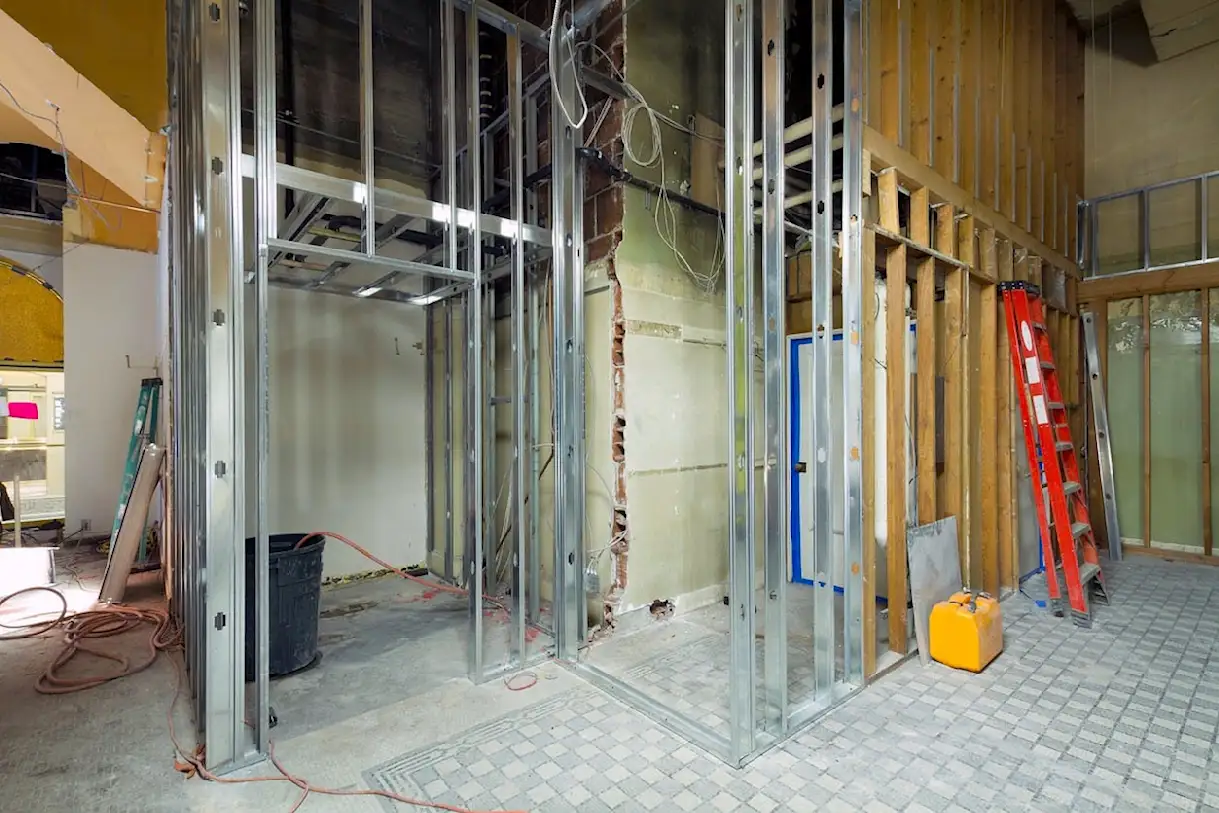
It all starts with the lease. Most restaurateurs end up renting their space, and according to Nate Adler, Managing Partner of Huertas (and the founder of the Eastville Restaurant Collective, a community group for East Village restaurateurs), they don’t take the time to read the fine print and understand all of the associated costs that come with renting.
A common tactic employed by landlords is the triple net lease, in which all common area maintenance charges and real estate tax increases are pushed onto the tenant. “That can definitely lead to future difficulties, as those costs then escalate year over year,” Adler says, leading to additional thousands of dollars in necessary payments on top of the monthly rent, which in most cities, is already sky-high. Renters are also at the mercy of the landlord when it comes to renewals and changes in rent cost, which can lead to further financial stress.
“These are hidden costs that are hard to foresee, but end up being big expenses.”
And the costs don’t end there.
Colby Swartz, a Senior Managing Director at Suzuki Capital, a company that invests in restaurants says there a number of ways that both cities and landlords can get restaurateurs to pony up, including demanding up to six months’ security deposit, unexpected fines from the Department of Health (“even for small stuff, like not having a light covered,” he adds), and hiked-up insurance umbrellas. “These are hidden costs that are hard to foresee, but end up being big expenses,” he says.
There’s a reason, ultimately, that so many restaurateurs end up opening up shop in a hotel: “It’s one of the only ways a restaurateur can succeed and grow a brand,” Alder says, “because you are having someone build out the restaurant for you, and you just take a management fee.” The downside is that if you’re not a celebrity chef, those opportunities can be tough to come by.
For the everyday restaurateur, Swartz and Adler offered up their best advice from the real-estate side for sustaining your restaurant’s lifespan below.
Know the Neighborhood
This seems obvious, but Swartz says that many restaurateurs become so overly invested in a concept, they don’t ever think about whether that type of food is a fit for the neighborhood where they’re looking.
“Understand your local demographics,” he says. “Am I going to put a Michelin-rated restaurant on Avenue B in New York City’s East Village? Probably not. That’s not within that neighborhood’s price point and expectation.”
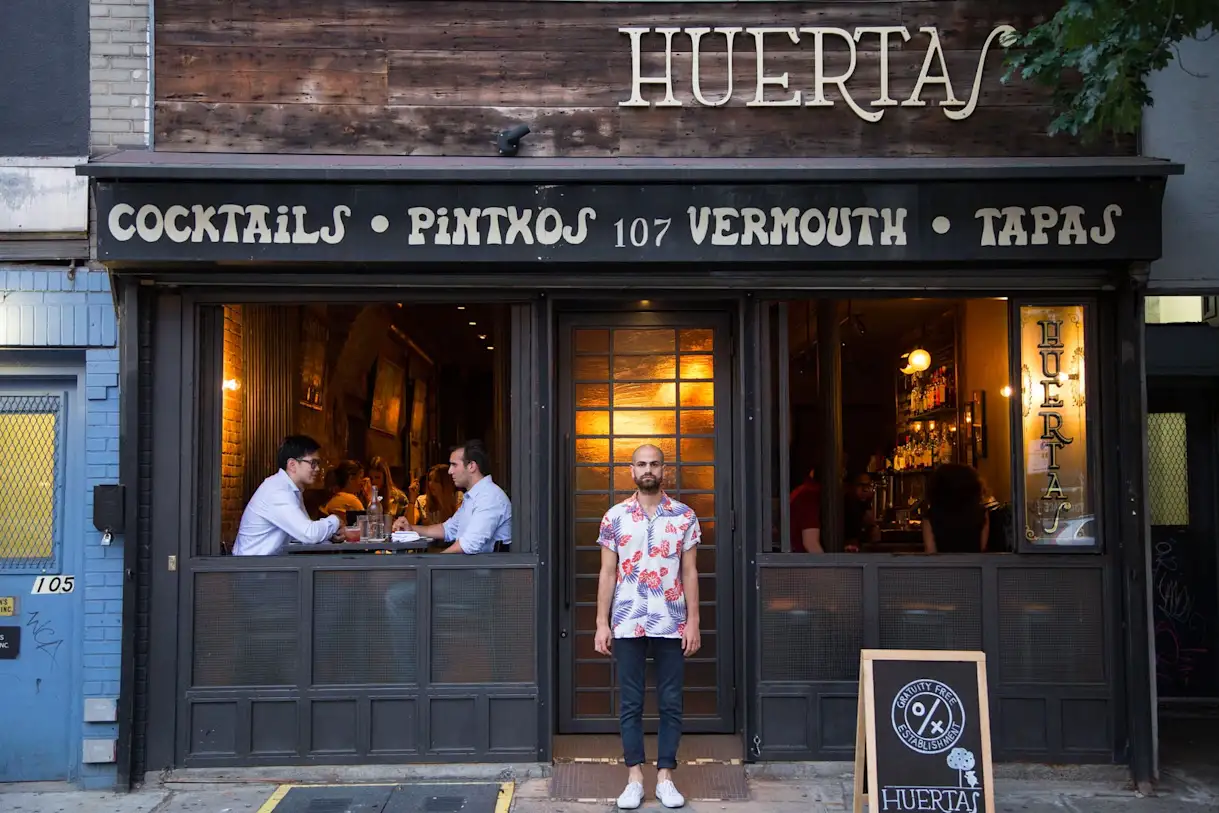
Understand That Compromises Will Be Made
“When you are getting into a commercial deal, you can’t fall in love with a space,” Swartz says. “It’s not residential real estate. You’re not building your perfect home. There are going to be things that you have to overcome. You just have to figure out: is this something I can live with or deal with?”
But these characteristics can make a restaurant space unique. Rather than relentlessly searching for the perfect space to no avail, consider how the concept can morph to fit an existing space. All too often it can be too expensive, structurally challenging or “too wrapped in red tape” to manipulate.
Read the Fine Print, Then Read it Again
Adler has seen many restaurants that fail because they didn’t take the time at the beginning to read through a lease that included unexpected fees and stipulations. “Lease renegotiations don’t happen very often,” he adds. “It’s important not to dig yourself into a hole from day one, because it will only get worse.”

Swartz adds “for a lot of restaurant owners, this is their first or second time in business, and they just don’t know what they are doing. People think they can open a restaurant and people will show up and they will always make money, and that’s just so far from the truth.”
When reviewing a lease, it’s important to look over the lease with legal counsel to find any potential issues that could arise. Certain items should be apparent in the lease before signing:
Is the lease short or long term? There are benefits to both so make sure it fits within the business’s growth plans.
Does the rent price increase annually? If so, ensure that there is a cap on how much the rent price is able to be raised annually to prepare future overhead costs.
Are you able to sublease the property? If the business fails before the contract expires, this is important to know so that the restaurant isn’t contractually obligated to buy out the remaining lease.
Does the lease include a force majeure clause? COVID-19 is a perfect example of how an event beyond either party’s control can determine the course of action if either party can’t fulfill their obligations to each other.
Try to Negotiate a Percent Rent Deal
Because success in a restaurant is never guaranteed, Adler recommends a percent rent deal, which means that the operator pays a base rent, and then if they make a certain amount of money, the operator gives a percentage to the landlord.
It’s a win-win situation because it means both the operator and the landlord are rooting for a successful year, so everyone gets paid. And that way, if the restaurant has a bad year, they are limiting excess costs.
Negotiations start with open communication. A restaurant’s success will also benefit the landlord. Approach the situation with an open mind and ask them to do the same.
Use Your Neighbors As Resources
The restaurant community holds close-knit relationships with one another, despite naturally being competitors. Leveraging these relationships are a good way to find a space for a new concept, provide helpful advice and ultimately help foster a community for guests to rally behind. When it comes to understanding the world of real estate, a fellow restaurateur can be a valuable resource.
One of the upsides of the restaurant industry, Adler says, is that restaurateurs “are usually pretty transparent about their numbers. They’ll tell you exactly how much money they make every year.” Knowing these numbers, or even just getting tips from those who have already gone through the process, will give a new restaurant operator reference points when making financial projections and negotiating a lease.
Set Aside Access Capital
“You are probably going to have unexpected expenses or overruns on capital. Very rarely do you set a budget and stand by it,” Swartz notes.
“A lot of people feel like if they don’t open by a certain time they are bleeding money, but those 6 to 8 weeks are vital for your business. If you have extra money set aside, you are protecting yourself from having to rush.”
Find Other Revenue Opportunities
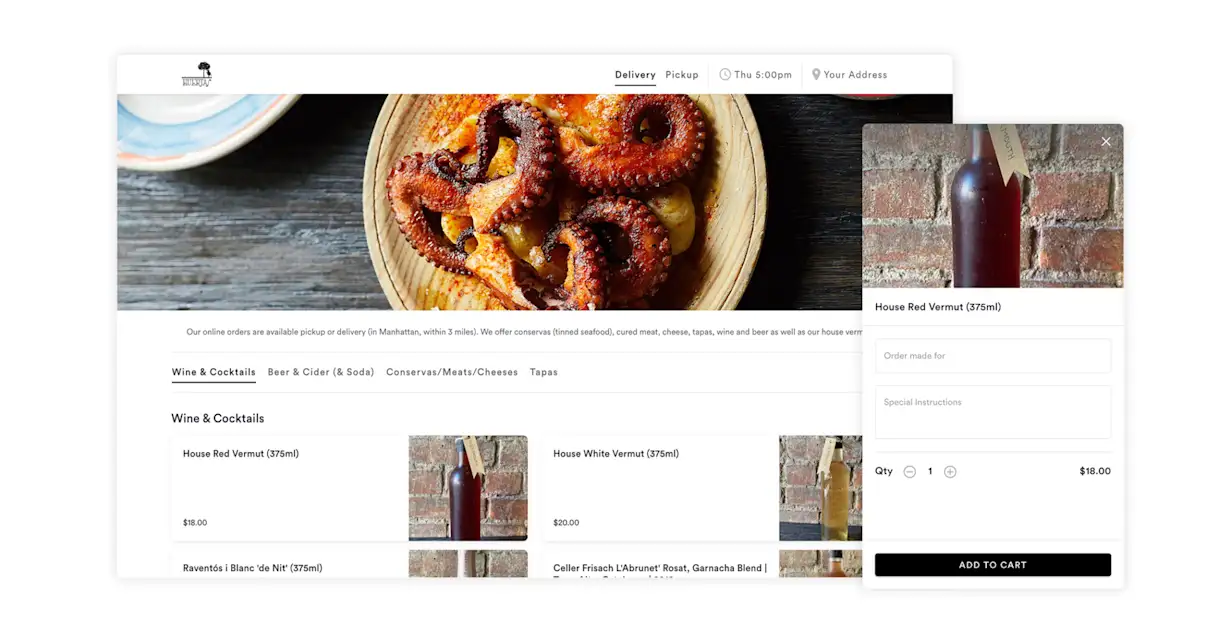
Yes, the brick-and-mortar space is important, but in this day and age, Adler says, it’s vital to think beyond four walls. Figure out all the ways the restaurant can monetize — from online ordering for pickup and delivery, to large catering orders, events, merchandise and more — and make sure to set up the proper infrastructure in each area so that operations are streamlined and successful.
For restaurants who are interested in learning more about ways to grow their business outside of the brick-and-mortar, get in touch with a BentoBox specialist today for a free online demo.

BentoBox Marketing & Commerce Platform
Deliver Smarter Hospitality
Want to stand out online, bring in more money, engage your diners, and streamline operations?
Recommended
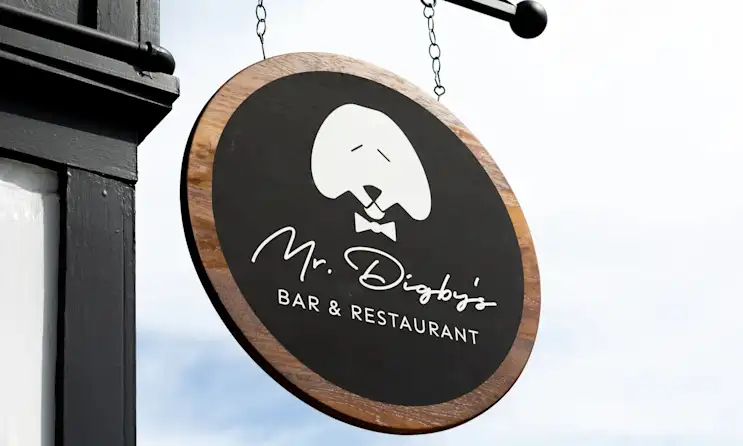
New Openings
The Ultimate Guide to Restaurant Name Ideas
July 13, 2022
What’s in a name? A lot of brainstorming, sweat and tears. Learn how to create a great restaurant name.

Marketing
22 Best Restaurant Logos to Inspire Your Design
January 11, 2023
Take a look at successful restaurant logo examples, and read about why they work.
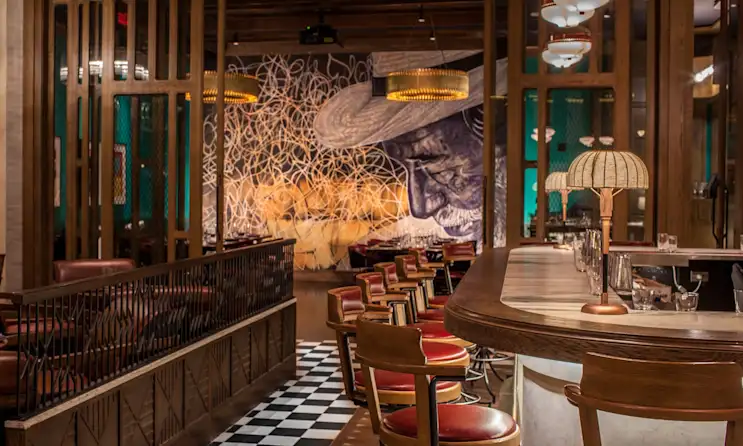
New Openings
32 Instagrammable Restaurant Decor Ideas
August 25, 2022
This round-up of decor inspiration is all you’ll need to level up your restaurant.

